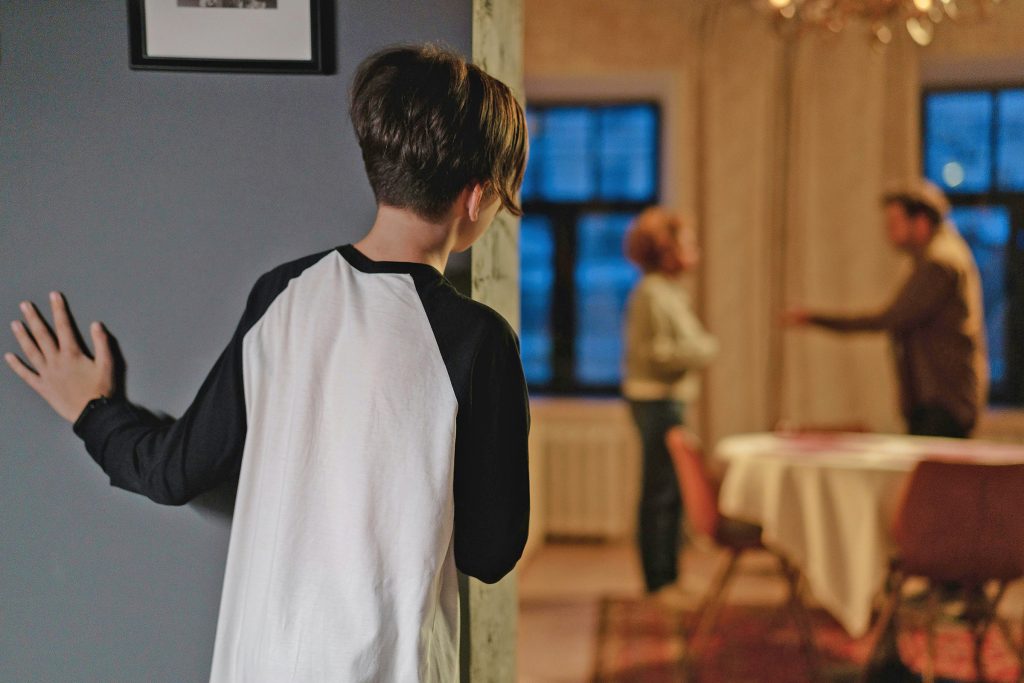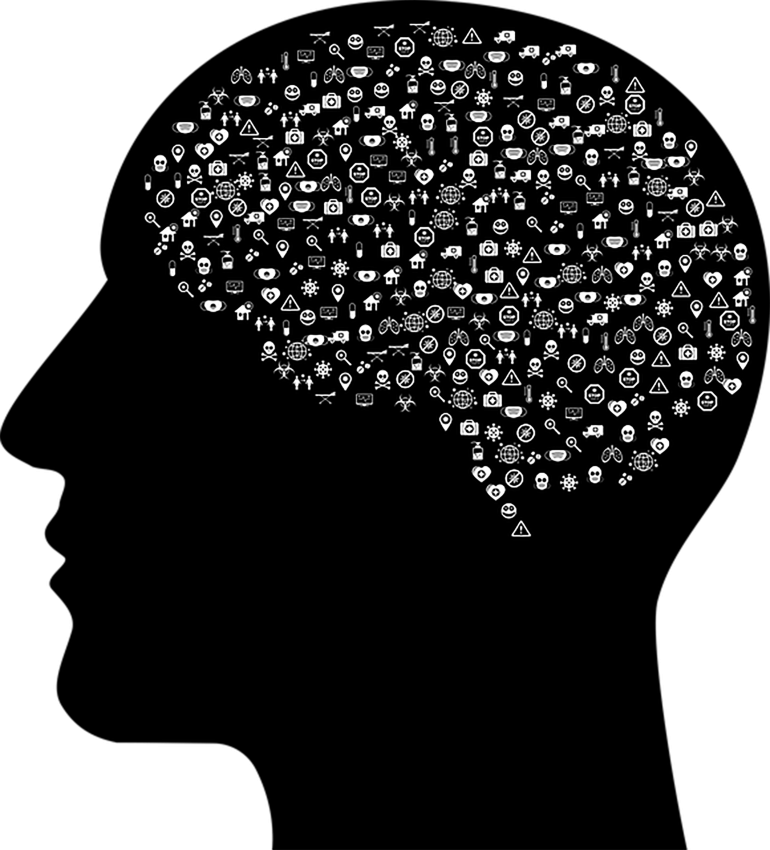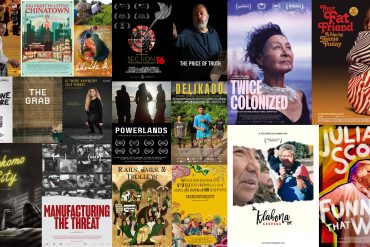Knowing the difference between hearing and listening is vital to understanding how we listen. Hearing is “perceiving sound by the ear.” Listening is “paying attention and understanding what the other person said to you.”
We learn to listen to our parents, caregivers, or guardians as children. They teach us through observed behavior, watching how our parents or other adults communicate. However, our ability to listen well as we grow and become adults can surface from any trauma we have experienced or are continuing to experience. Trauma kicks in when a person feels in danger or threatened. Its cause may be from one major event or a series of events in one’s life. Typical examples are abuse and manipulation.
You may wonder how trauma can affect the way we listen. Let’s delve deeper into its causes. A feeling of lack of safety or control can solicit a freeze response that shuts down certain parts of our brain and could lead all our energy toward survival (defending oneself or running away from danger.) If we cannot process our trauma—fight, flight or freeze responses become the initial reaction. Therefore, we focus on avoiding pain or hurt, staying in control, or being on guard. The primary focus is survival and self-preservation. Over time, this focus becomes an unconscious habit. Focusing more on our safety and fear, we ignore what the other person says. For example, someone who has been through abuse may fear conflict by anticipating getting hurt, feeling pain, or feeling like a lesser person than others. This can cause a reaction to avoid an argument or disagreement with anyone they perceive as an authority figure. A shutting down response is typical, agreeing with the other person. Thus, you cannot express your veritable feelings, especially when the data comes in succession, and you lose the issue.
We must first learn to listen to ourselves to overcome trauma and listen to others. Listening to ourselves means observing our thoughts, beliefs, behaviors, and actions and then being willing to question and retrain those that no longer help us. We can achieve this by focusing on ourselves, our healing, and our self-worth. Don’t fear being labeled selfish just because someone made you believe you’re irrelevant all your life, and your opinion does not matter. Always consider the other person your equal—no more or less.

In my healing from trauma, I learned to slow down and stop avoiding my thoughts. I learned to question every belief I carried and see if it still served me. Being honest with myself is difficult to do. But when I did, it changed my life tenfold for the better. It helped me face the fears I carried and see how my trauma experiences had been affecting every decision I made.
The most important person to learn to listen to is yourself. When you learn to slow down, listen, and be honest with yourself, listening and understanding others will become effortless. We hear what others tell us without jumping into defense, compiling a response before they’ve finished talking or giving advice based on our beliefs. All this creates mutual respect.
Listening is what helps you find the truth about yourself and others. It helps you re-evaluate yourself to build yourself up again, being more assertive and more confident. This helps you become a better communicator.
Good listening skills include:
• Allowing others to finish what they are saying before you speak
• Understand what the other person is saying and don’t focus on your response
• Asking for clarification if you don’t understand what the other person said
• Reflecting on your understanding of what the other person has told you
• Learning to respond with a clear and calm mind without being radical and defensive







